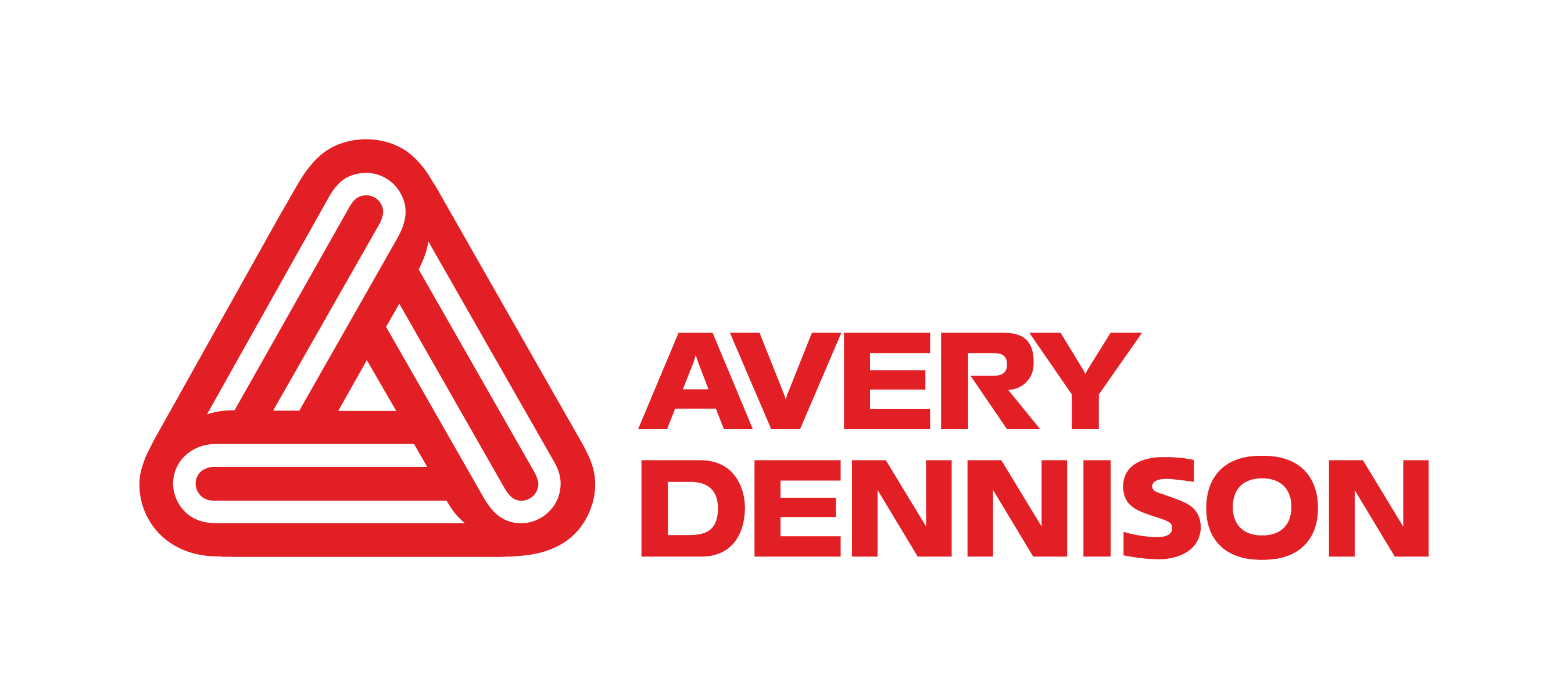Pressure-sensitive labels (PSLs) are rising to meet sustainability demands thanks to innovative features that align with circular economy principles. Here’s how they make an impact:
Clean-Release Properties for Improved Recycling
One of the biggest impediments to plastic recycling is contaminated materials, often caused by non-removable adhesives and ink in traditional labels. Pressure-sensitive labels with clean-release properties:
Ensure better separation of labels and adhesives during recycling.
Improve the quality of recycled materials like PET and HDPE, increasing the circularity of packaging.
Contribute to reductions in greenhouse gas emissions by enabling more efficient recycling.
For example, a beverage company producing 10 billion bottles could reduce 2,000 tons of plastic waste per year by improving recycling rates by just 1%.
Wash-Off Labels for Reuse/Refill Models
Reuse and refill models are gaining traction as consumers increasingly demand sustainable alternatives to single-use packaging. Wash-off pressure-sensitive labels are designed to:
Easily release during the washing process, leaving behind cleaner packaging.
Lower the energy, water, and chemicals needed for cleaning.
Support durable, reusable containers, which are essential in reducing waste generation and increasing adoption of refillable packaging systems.



